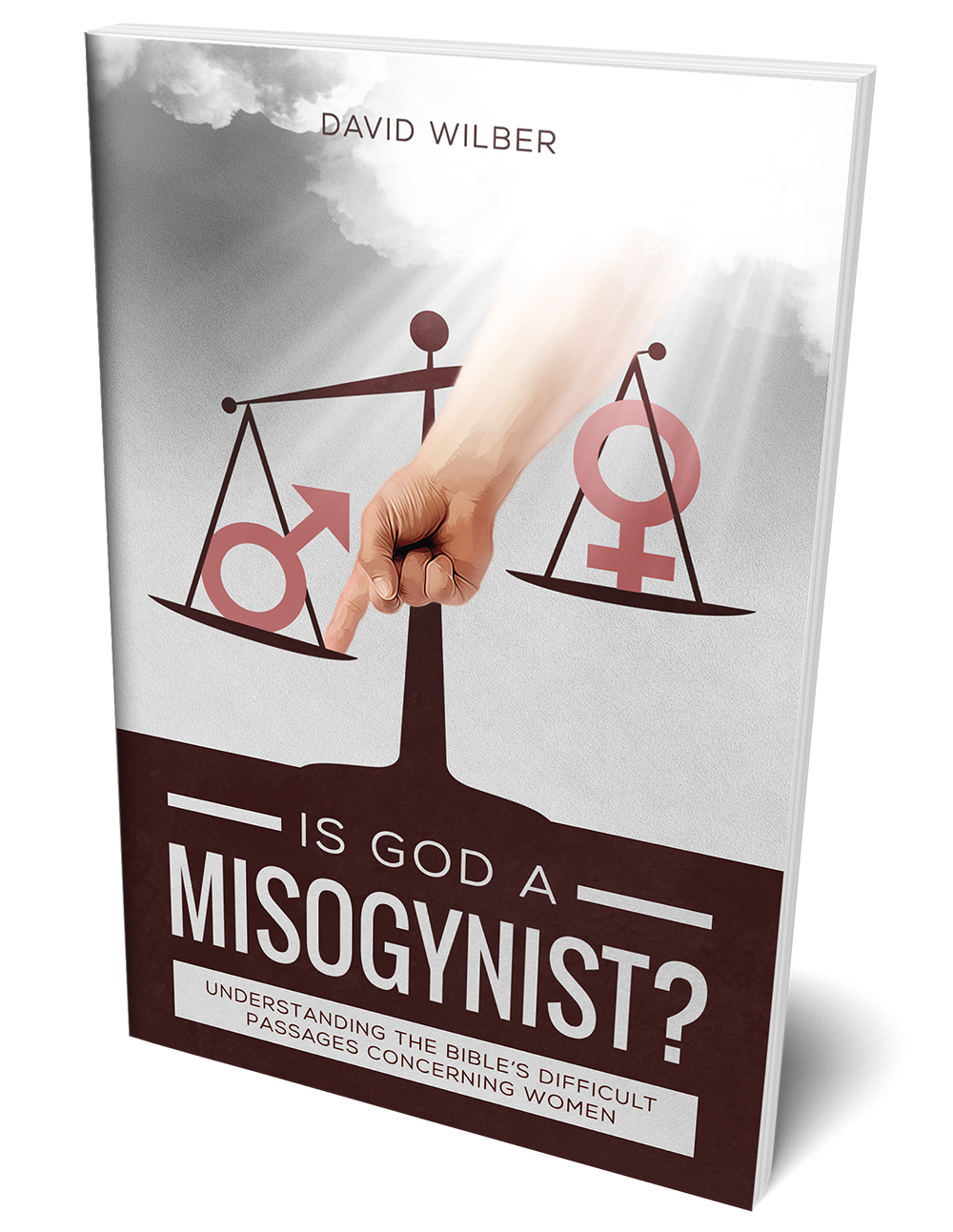
Editor’s note: This post originally appeared on davidwilber.me. Tabernacle of David considers this ministry trustworthy and Biblically sound.

Author: David Wilber
Some feminists cite the Torah’s ritual purity legislation, such as laws concerning menstrual impurity (Leviticus 15:19-24) and childbirth (Leviticus 12), as evidence of sexism in the Bible. It’s argued that the Bible regards women as generally unclean and offensive to God because of their physiology. As the feminist author, Lauri Weissman, puts it: “Menstruation, and having a female reproductive system generally, is an impurity and an offense to god, for which women require redemption through regular intervention of male action.”[1]
How might we address this objection? First, it’s important to note that the Torah’s ritual purity legislation addresses issues that are not only specific to women but also issues specific to men (e.g., Leviticus 15:16). Thus, it’s wrong to assert that the Torah singles out women as “unclean.” Second, ritual impurity in the Torah does not equate to sinfulness. Scholar Jonathan Klawans gives an excellent summary:
[T]he following can be said of ritual impurity: It is natural, more or less unavoidable, generally not sinful, and typically impermanent. It is true that the refusal to purify oneself would constitute a transgression, as would coming into contact with the sacred while in a state of ritual impurity. It is also true that a few biblical narratives view “leprosy” as a punishment for moral shortcomings. But in the end, the following claim still stands: It is not sinful to be ritually impure, and ritual impurity does not result from sin.[2]
In summary, ritual impurity is merely a temporary ceremonial status that bars a person from participating in sacred space and activities, such as the tabernacle/temple services in ancient Israel. It is not a sin to be ritually impure—sin occurs only when one participates in certain sacred activities while in a ritually impure state. While there are purity issues specific to women, there are also purity issues specific to men. Both men and women become ritually impure in various ways. There is no sexism.
But what about the purification period for the birth of a girl being twice as long than for the birth of a boy (Leviticus 12:2-5)? Does this suggest that girls are more “ritually impure” than boys? Not at all. Consider that the mother brings the same purification offering “whether for a son or for a daughter” (Leviticus 12:6). The Torah intentionally places both son and daughter on the same level; the same offering is required for both of them. Thus, critics overstate their case when they cite this legislation as an example of female inferiority or sexism.
The reason for the longer purification period for daughters is a matter of “simple mathematical logic.” As Richard Davidson explains, “Vaginal bleeding frequently occurs on the part of the newborn girl as well as her mother. Hence, the phrase ‘blood purification’ likely applies to the discharge of both mother and daughter, and thus the ritual uncleanness of two females must be accounted for.”[3]
When all of the relevant data are considered, the feminist objections on the basis of the ritual purity laws in the Torah are severely underwhelming.
[1] Lauri Weissman, “Half Human: How Jewish Law Justifies the Exclusion and Exploitation of Women,” Women v. Religion: The Case Against Faith—and for Freedom. Karen L. Garst, ed. (Durham, NC: Pitchstone Publishing, 2018), p. 60
[2] Jonathan Klawans, Impurity and Sin in Ancient Judaism (New York, NY: Oxford University Press, 2000), p. 41
[3] Richard M. Davidson, Flame of Yahweh: Sexuality in the Old Testament (Peabody, MA: Hendrickson Publishers, 2007), p. 246

This article is an excerpt from my book, Is God a Misogynist?: Understanding the Bible’s Difficult Passages Concerning Women. Check it out here.
About David Wilber

David is first and foremost a passionate follower of Yeshua the Messiah. He is also a writer, speaker, and teacher.
David’s heart is to minister to God’s people by helping them rediscover the validity and blessing of God’s Torah and help prepare them to give an answer to anyone who asks about the hope within them (1 Peter 3:15)…

